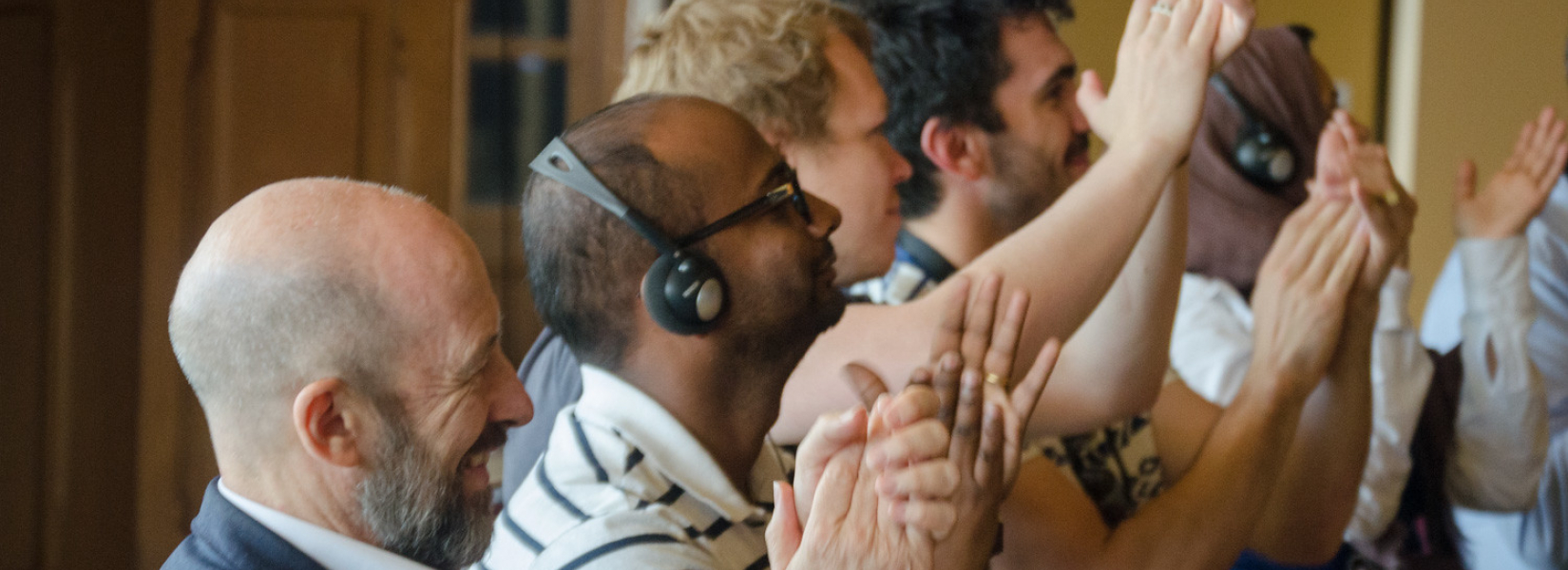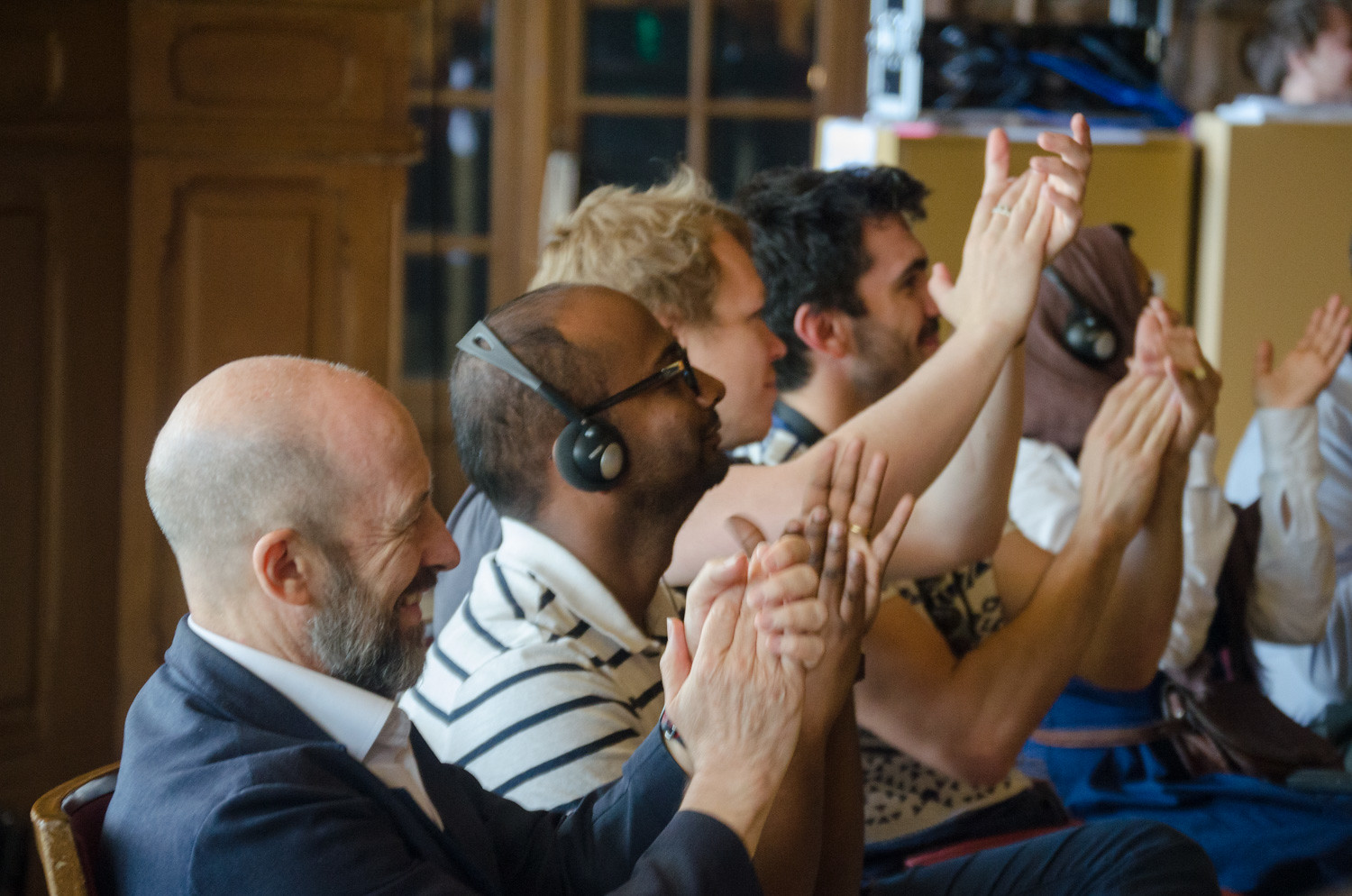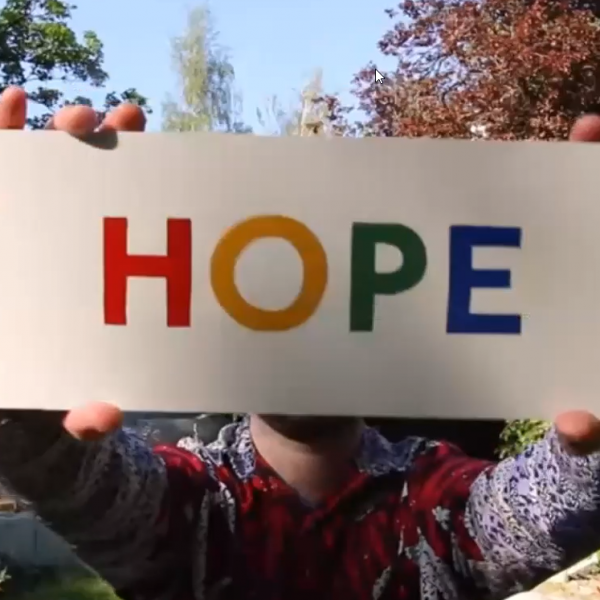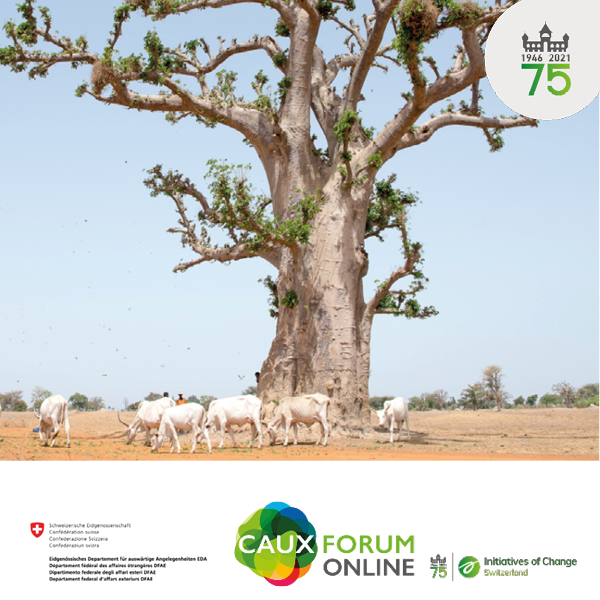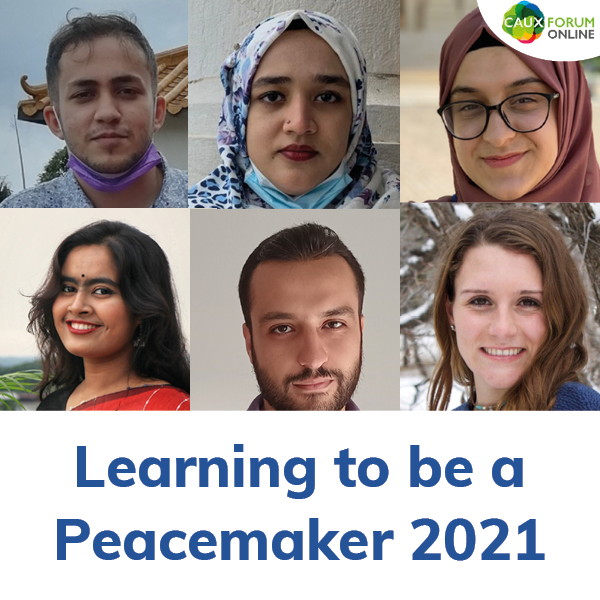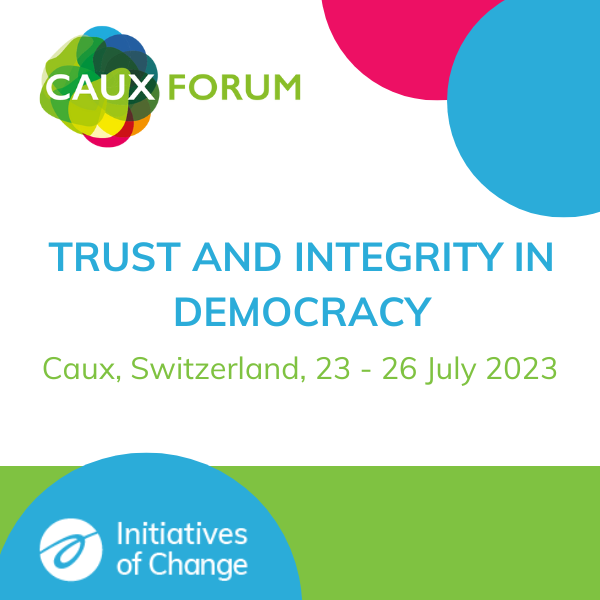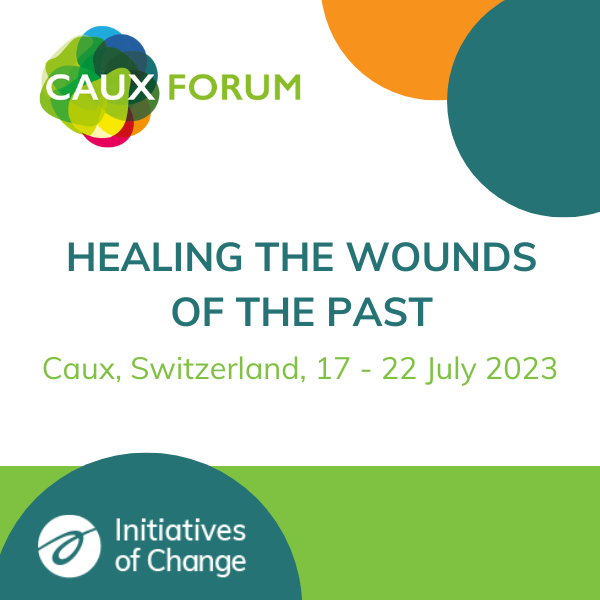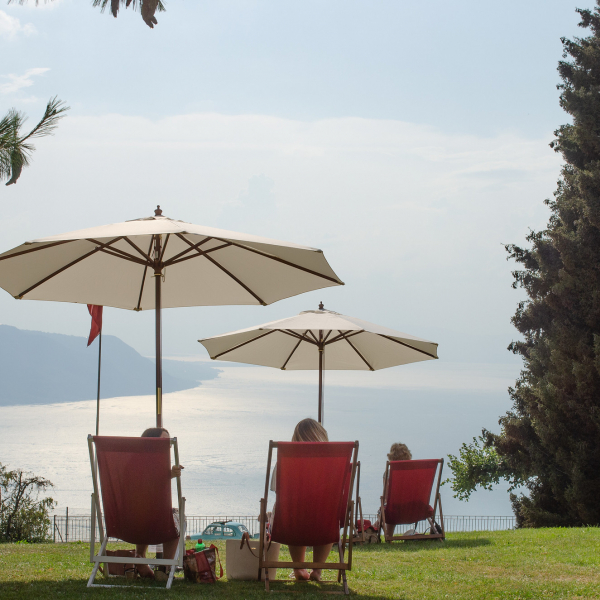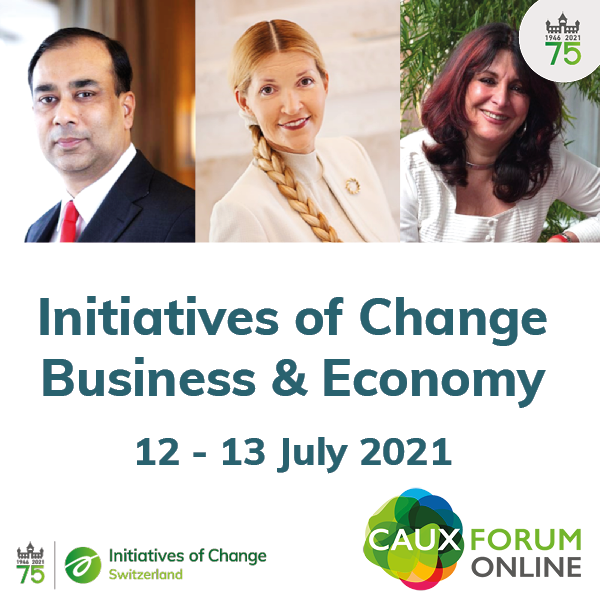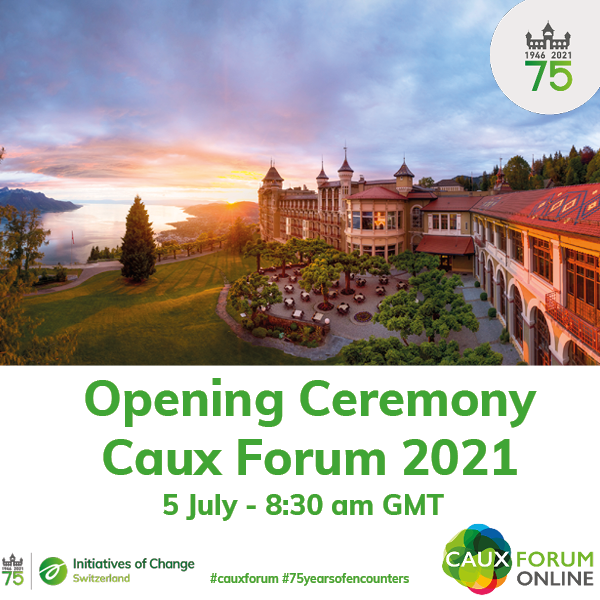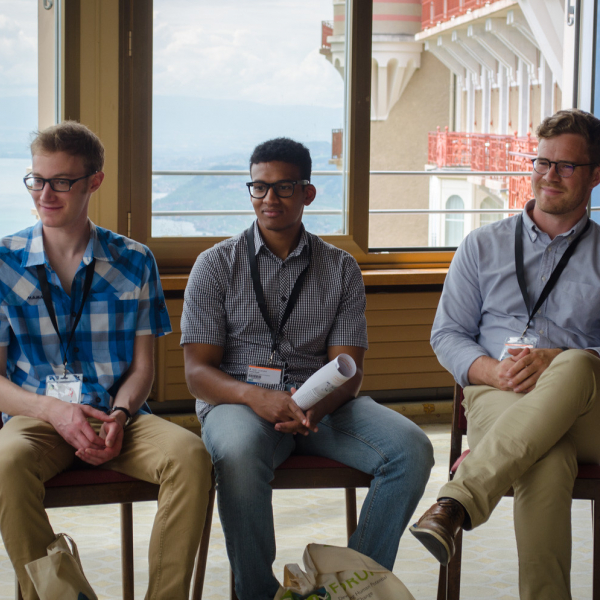Communiqué: Land for the sake of Peace and Security
Caux Dialogue on Land and Security 2017
17/07/2017
Senior representatives of governments, parliaments, international organisations, financiers, business, NGOs and media from Africa, Asia, Europe and the Americas met on July 11-13 at the Caux Palace Conference Centre - which has a 70 year history of building trust and achieving reconciliation, starting with relations between France and Germany after the Second World War - to commit to transformative action to scale up restoration of the world's more than two billion hectares of degraded land and achieve land degradation neutrality by 2030.
They emphasised the imperative of going beyond sustainability to recover land at scale, for the sake both of its people and of the planet. This is a matter of justice and security. Already about half the world's conflicts in fragile regions and economies stem from battles for resources resulting from environmental degradation, and are often rooted in unjust distributions of land and wealth which began under colonialism but were continued after independence. Loss of productive land and livelihoods – exacerbated by climate change, desertification and population growth – are major drivers of forced migration, which is expected to increase many times over in the coming decades. The area affected by drought since the 1970s has doubled.
Returning the land to ecological productivity increases resources and promotes peace. It is also central to implementing the universally agreed Sustainable Development Goals and to enabling countries to fulfill their pledges under the Paris Agreement. The need and the opportunity are both massive, as is the action required. Much can be done with simple, known, labour-intensive techniques: the most difficult issues are social and financial. Clearly communicating the challenges and opportunities of restoration is a precondition of success.
The Caux Dialogue on Land and Security calls on leaders and stakeholders at all levels to:
1. Address the urgent need for systems change - including in governance, investment, employment and conflict prevention and resolution - rather than incremental improvement. This transformation should target reshaping the context of investment in agriculture, not least in providing incentives for farmers to remove carbon from the atmosphere by restoring and afforesting land;
2. Focus action on local communities and landscapes, where much knowledge on managing land exists and where partnerships for change can be forged. It is also here that conflicts are often triggered - and can be prevented or resolved;
3. Give less emphasis to top-down 'capacity building' - often involving the wrong people and places – than to strengthening the capacity of those working on the ground, working in situ and meeting the needs of those directly affected by land degradation, who recognise the importance of restoration.
4. Include women and youth - who are critical agents of change – in all sustainable actions. These should promote leadership and build bridges between local people and policy-makers by tackling gender inequalities that hinder women’s effective engagement and action and by designing land-based jobs that tap into youth's large labour reserve.
5. Increase resilience to drought by strengthening early warning systems, enhancing assessments of vulnerability and impacts and institutionalising preparedness for drought so as to commit countries to effective policies, investment and risk mitigation.
6. Realise the enormous investment opportunity – with extra returns beyond the purely financial – represented by land restoration, something which businesses and financial institutions are failing to do. Public finance is needed, not only to de-risk investments and bring successful initiatives to scale, but more especially to reward the global services of small farmers who nourish their soils in combating climate change, conserving biodiversity, enhancing food security and water supplies and increasing security.
7. Meet the large finance gap with more private investment. This in turn implies scalable business models that can deliver financial and environmental returns. Public money – including climate finance – is needed to encourage entrepreneurship and the development of new technologies. Public-private partnerships, which can be central, must involve local people and local and central government and expect returns in the medium to long term. Restoration bonds, or similar financial instruments, will be an essential part of the mix to tip the financial equation in favour of investment with transparently measureable ecological benefits.
We owe it to present and future generations to undertake this agenda speedily and at the required scale.
